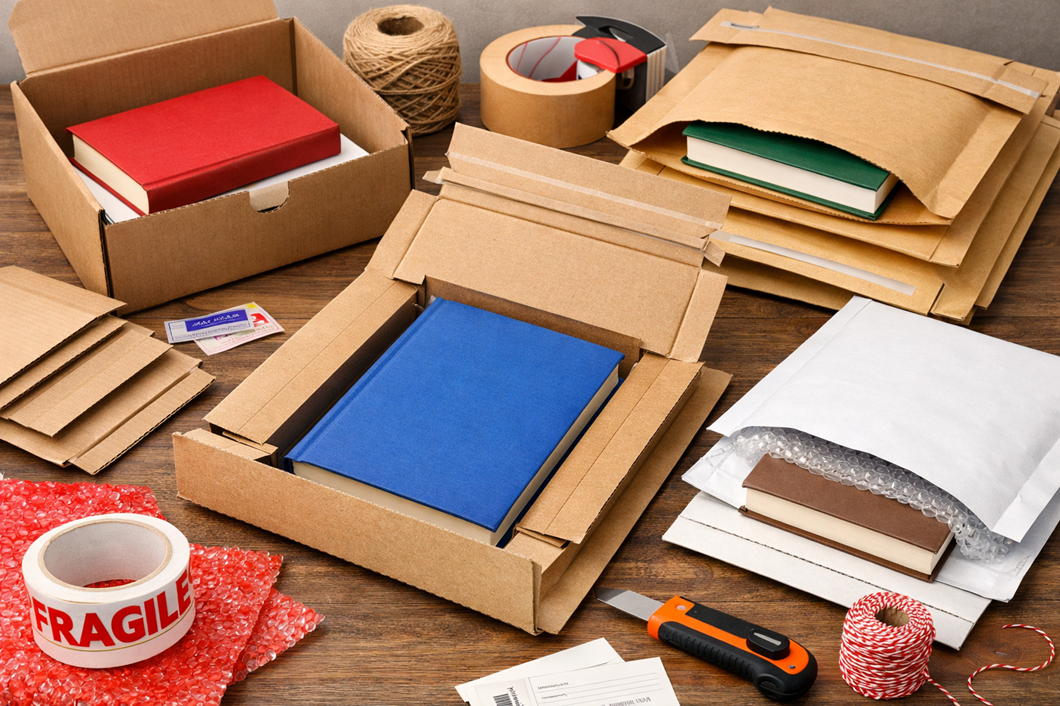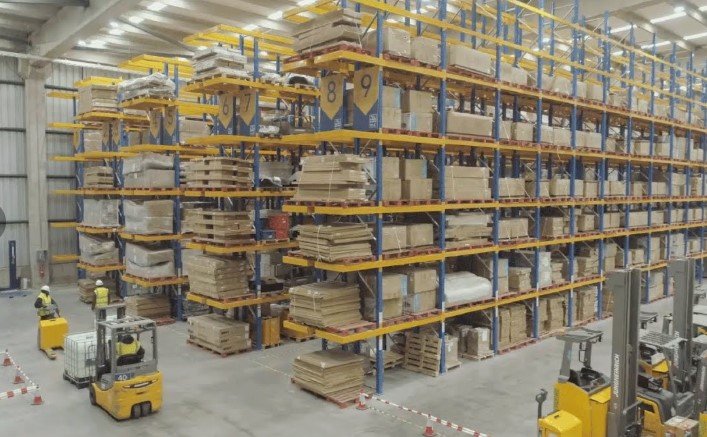Foil containers have become a staple in London’s dynamic urban landscape, widely used across food services, households, and the packaging industry. Their popularity stems from their versatility, heat resistance, and recyclability, making them an essential product in a city where convenience and environmental consciousness increasingly go hand in hand.
From takeaways and catering businesses to supermarket shelves and home kitchens, foil containers play a vital role in how Londoners cook, store, and consume food. But with growing awareness about environmental impact and the push for sustainable packaging, foil containers are also undergoing a transformation in how they are produced, used, and disposed of.
What Are Foil Containers?
Foil containers are typically made from aluminum, a lightweight metal known for its durability and excellent thermal properties. These containers can withstand high oven temperatures, making them ideal for cooking and reheating food. They also offer a hygienic, non-toxic barrier to light, moisture, and air, which helps preserve food quality and extend shelf life.
Available in various shapes and sizes—ranging from single-portion trays to large catering pans—foil containers are used for everything from ready meals and takeaways to roasting meat and baking desserts.
Ubiquity in London’s Food Scene
In a city like London, where diversity and fast-paced lifestyles drive food trends, foil containers are indispensable. They are extensively used by:
1. Takeaway Restaurants and Street Food Vendors
Thousands of food outlets, especially those offering Indian, Chinese, Turkish, and Mediterranean cuisine, rely on foil containers to package hot meals securely. Their heat-retaining properties ensure that food reaches customers in optimal condition.
2. Meal Prep and Delivery Services
With the rise of health-conscious eating and busy urban schedules, meal prep companies have turned to foil containers as a reliable option for storing and delivering pre-cooked meals. These containers can go directly from freezer to oven, simplifying the process for consumers.
3. Supermarkets and Delis
Ready-made meals, roasted chickens, lasagnas, and desserts often come in foil containers. Major chains like Tesco, Sainsbury’s, and Marks & Spencer offer a wide range of such packaged meals, catering to Londoners seeking convenience without compromising on quality.
Benefits of Foil Containers
Foil containers offer several advantages that have contributed to their widespread adoption in London:
- Heat Resistance: Safe for oven use, they can withstand high temperatures without warping or releasing harmful chemicals.
- Recyclability: Aluminum is 100% recyclable without any loss of quality. In fact, recycling aluminum saves up to 95% of the energy required to produce it from raw materials.
- Food Preservation: They help seal in flavor and moisture, ensuring that food stays fresh longer.
- Lightweight and Stackable: Easy to transport and store, which is beneficial for delivery services and caterers.
- Cost-Effective: In bulk, they are relatively inexpensive, especially for small businesses and event caterers.
Environmental Considerations and Recycling in London
As sustainability becomes a top priority, London is making strides toward reducing landfill waste and encouraging recycling. Aluminum foil containers are among the most recyclable materials used in the food packaging industry. However, contamination from food residue can hinder the recycling process.
To address this, local councils, including those in Westminster, Camden, and Tower Hamlets, have launched public awareness campaigns emphasizing the importance of rinsing containers before disposal. London’s extensive kerbside recycling program supports the collection of clean aluminum foil, contributing to the city’s overall waste reduction targets.
Companies are also innovating in the manufacturing process, using recycled aluminum and offering biodegradable lids and packaging alternatives to minimize environmental impact.
Shifting Consumer Preferences
As Londoners become more eco-conscious, demand for sustainable packaging solutions is influencing market trends. While foil containers remain popular, consumers increasingly look for assurances that the products they use are recyclable and responsibly sourced.
Some London-based food services are now opting for foil containers with compostable cardboard lids, reducing the amount of single-use plastic. Others provide clear labeling to help customers understand how to dispose of the containers correctly.
Challenges and Opportunities
Despite their benefits, foil containers face certain limitations. They are not microwave-safe unless specifically designed for that use, and they can become misshapen during transport if not handled carefully.
However, the growing focus on sustainability presents opportunities for manufacturers and businesses to innovate. Hybrid containers made of foil and cardboard, embossed with recycling instructions, and manufactured from post-consumer recycled materials are now entering the market.
Conclusion
Foil containers have long been a symbol of convenience in London’s bustling food culture, but they are now also becoming a part of the city’s sustainability journey. As both businesses and consumers strive to balance functionality with environmental responsibility, the future of foil containers lies in smarter design, better recycling practices, and increased public awareness.
Whether used for a hot curry from a Brick Lane takeaway or a ready meal from a Kensington grocer, foil containers will continue to serve Londoners—but with a growing emphasis on sustainability and circular use.











Leave a Reply